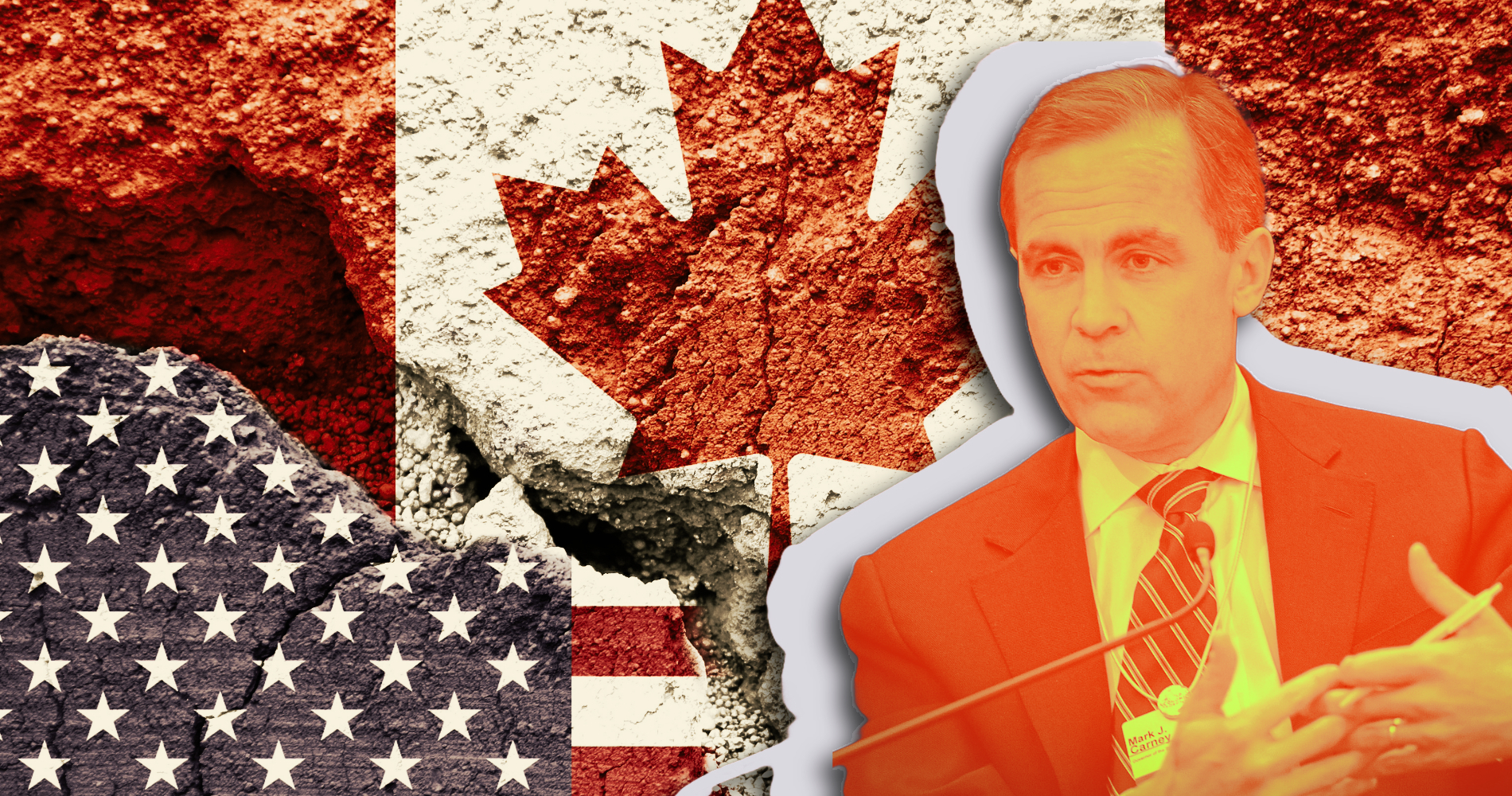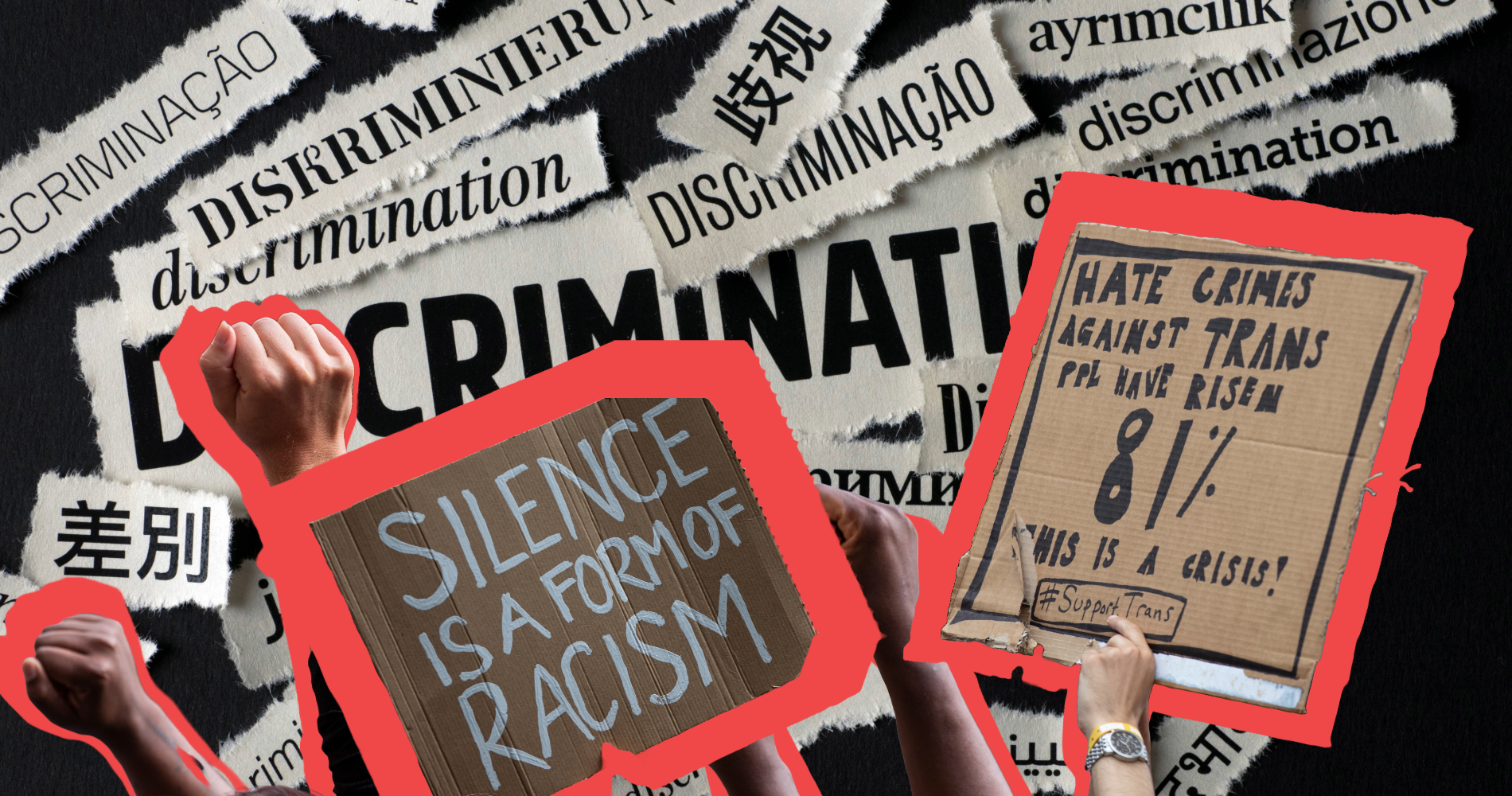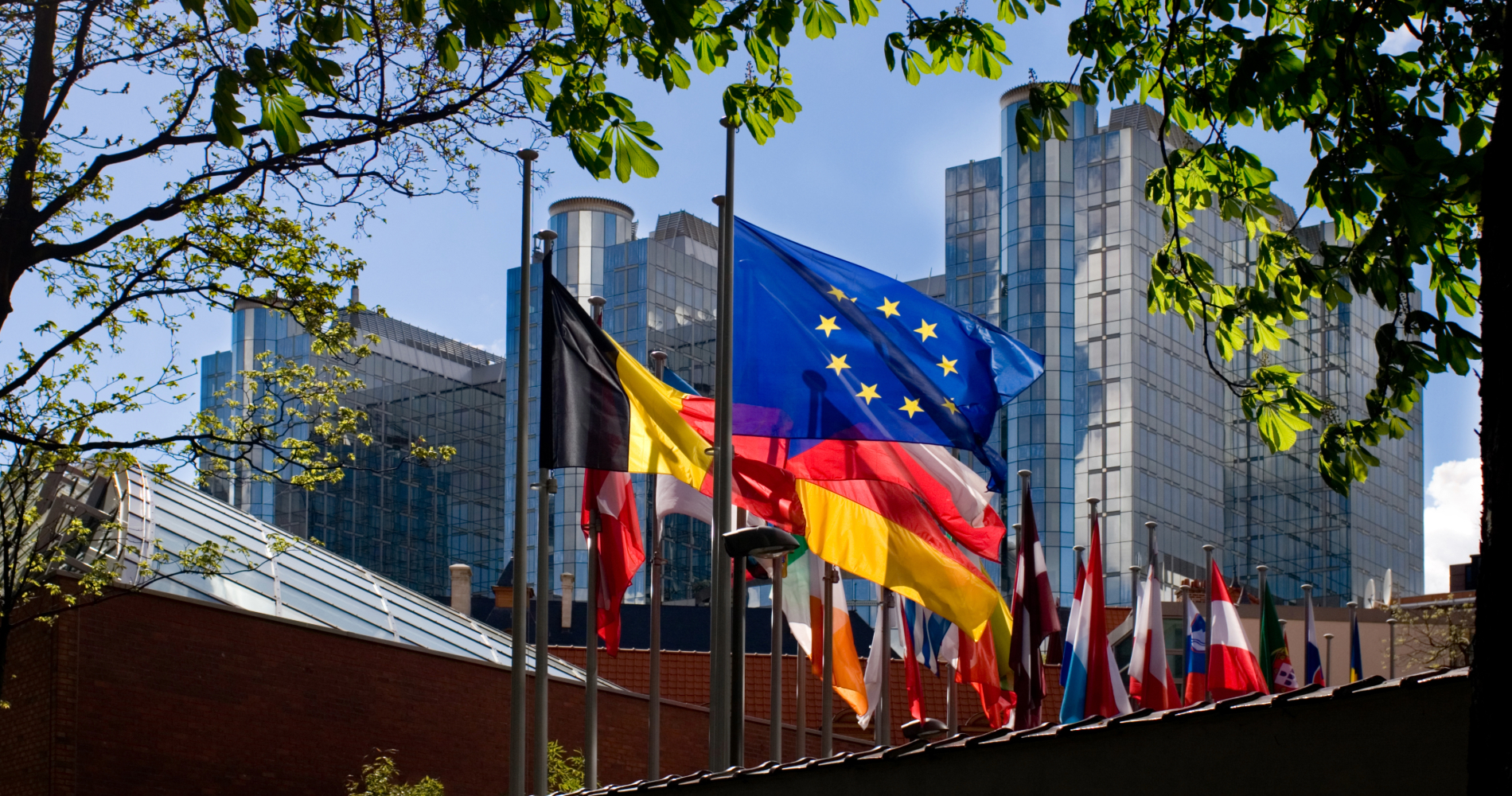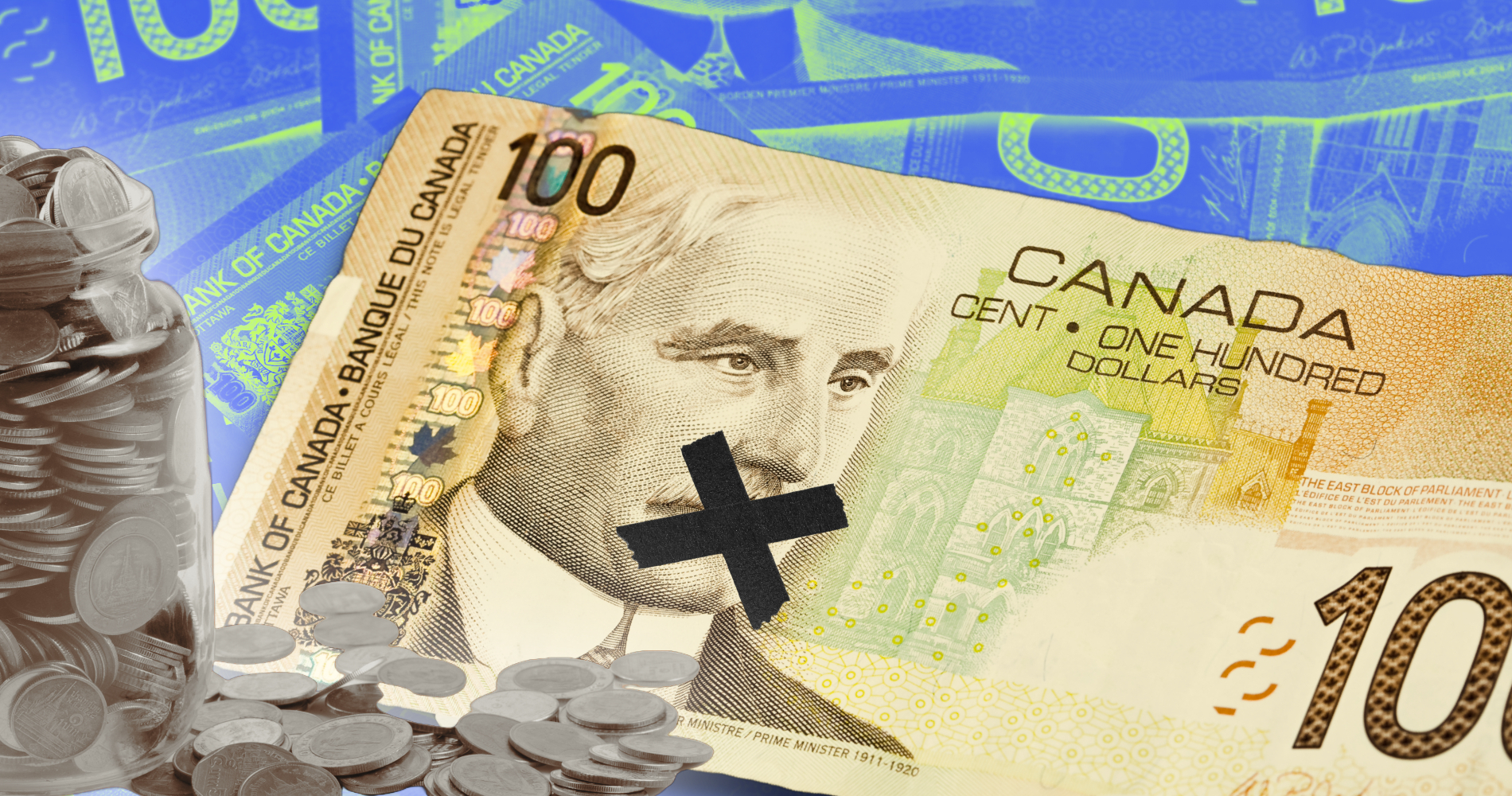Federal Election
Our publications are available to all at no cost. Please support the CCPA and help make important research and ideas available to everyone. Make a donation today.
-

King Charles’ speech from the throne is a harbinger of a rightward shift
For the first time since 1977, and the third time ever, the monarch of the British empire appeared before Canada’s parliament to read the speech…
-

Gender equality was sidelined during the election. It’s time for a reset
The Liberal Party’s election win caps a remarkable reversal in its fortunes over a few short months, with Canadians placing their bet on leader Mark…
-

What might the federal election results mean for Manitoba?
Photo by Hai Phung on Unsplash
-

Trump’s trade program is sputtering—Canada has an opening
The federal election returned another Liberal minority to power under the new leadership of former banker Mark Carney. International media is reporting the result as…
-

Beyond “elbows up”—Our election post-mortem
It’s been an absolutely wild election. Polling predictions were a roller coaster, from a historic Conservative majority, to a Liberal majority, and everything in between.…
-

Why aren’t political parties talking about the rise in hate in Canada?
As election day approaches, the campaign trail has been dominated by heated debates over tariffs, trade wars, housing affordability, defence spending and other issues in…
-

Despite high unemployment, young people are being left behind this election
Summer 2025 is shaping up to be just as punishing as summer 2024 was for young people seeking work. Just a few years ago, young…
-

Canada should move towards integration with Europe instead of the U.S.
Trump’s chaotic global tariff war, which has upended the international order, shows no sign of letting up. Presidents of the U.S. have long used trade…
-

Platform Crunch: What are the parties promising in their costed platforms?
It’s the final week of the federal election campaign, and most parties have finally released their full platforms with costs. First of all, kudos to…
-

Platform Crunch: Health care, child care, and the care economy
The pandemic cut a swath through our public services, and they still haven’t recovered. Health care and community service workers have been working flat out…
-

It’s not enough to “buy Canadian”, we need to own it
The U.S. president is turning the world economy upside down, holding everyone hostage in the process. Canada’s position is especially precarious. After decades of the…
-

Organizers are pushing to “Vote Palestine” in Canada’s federal election
Since Prime Minister Mark Carney dissolved Parliament and called a snap election, party leaders have focused their campaigns on economic issues, including the U.S. tariff…
Updates from the CCPA
Read the latest research, analysis and commentary on issues that matter to you.
CCPA Updates